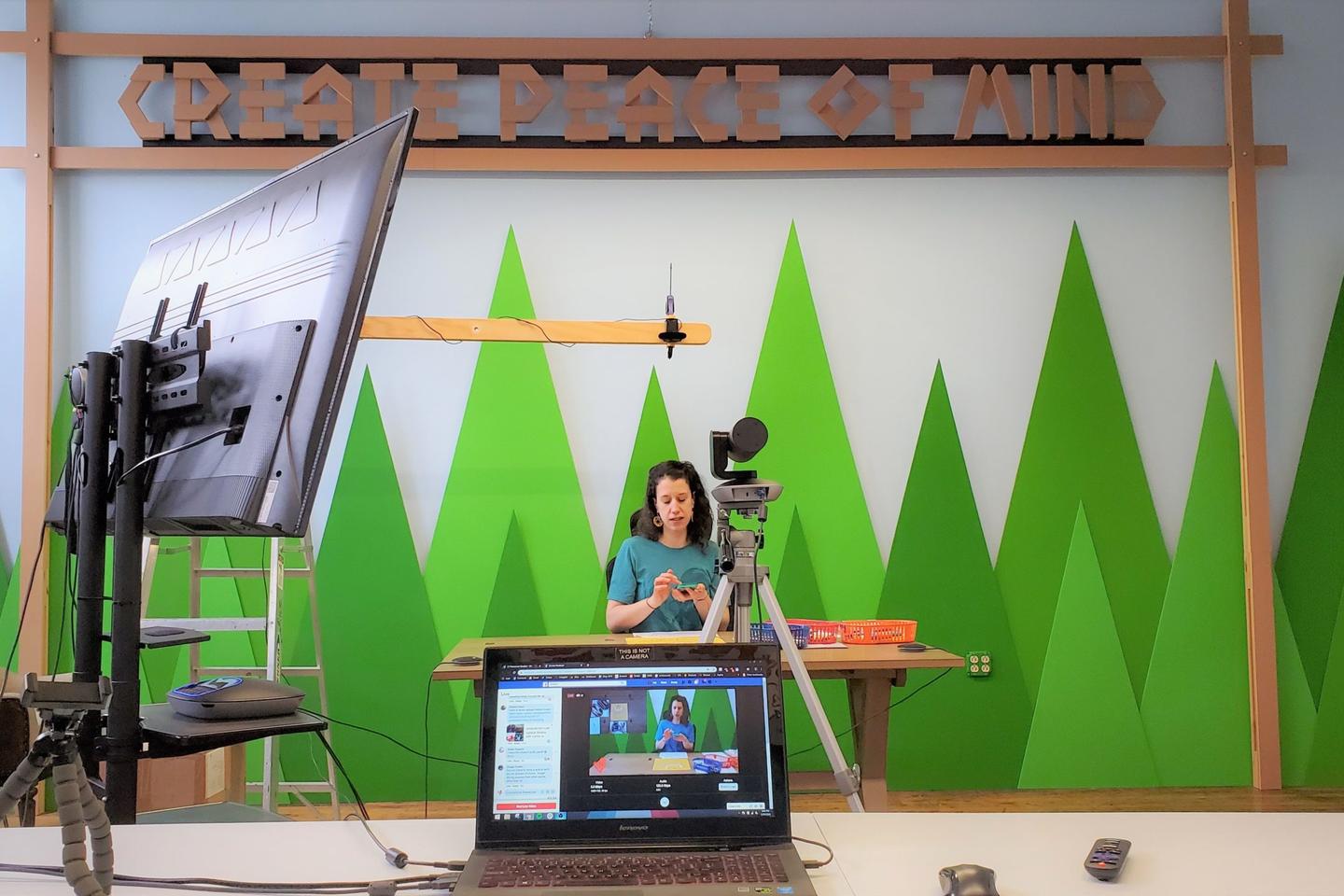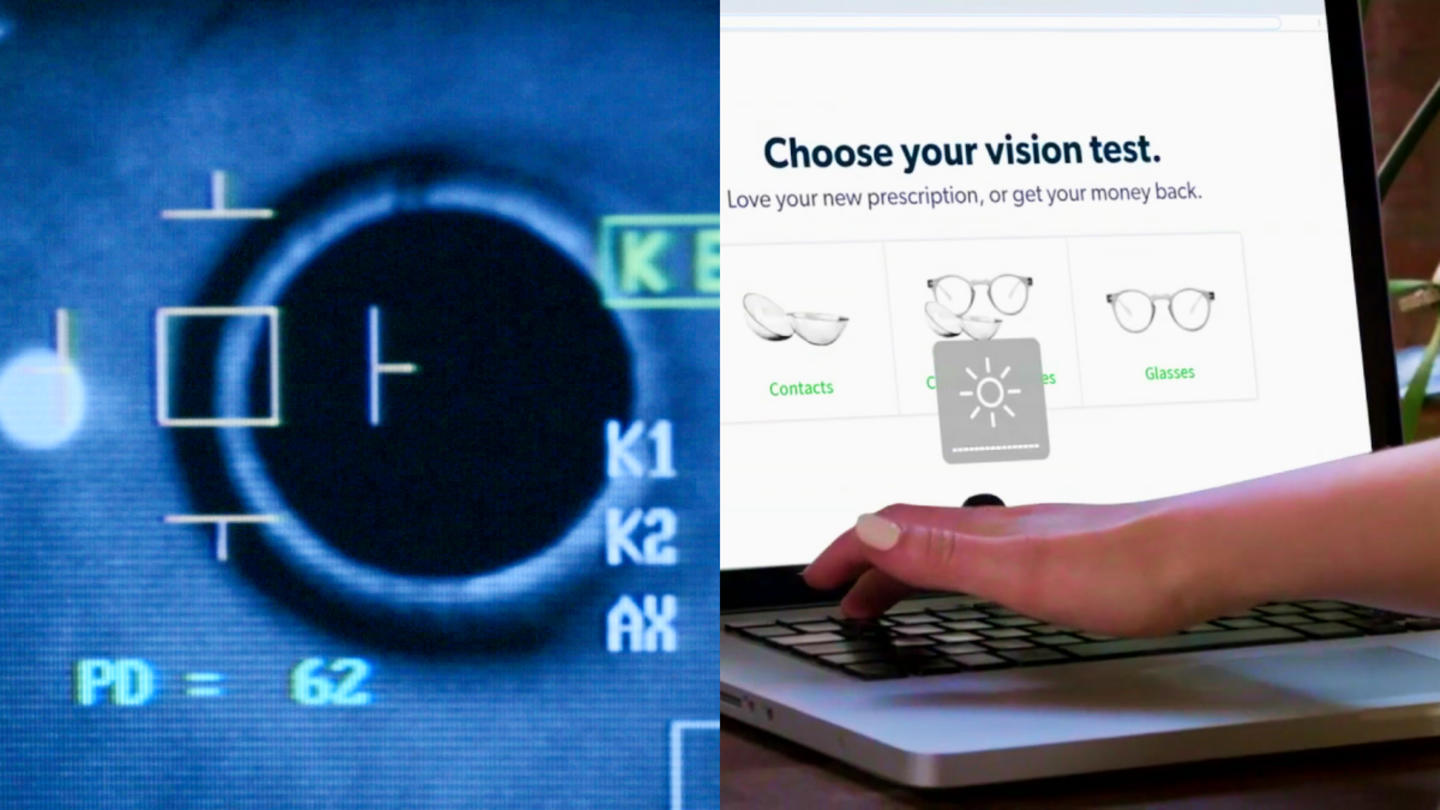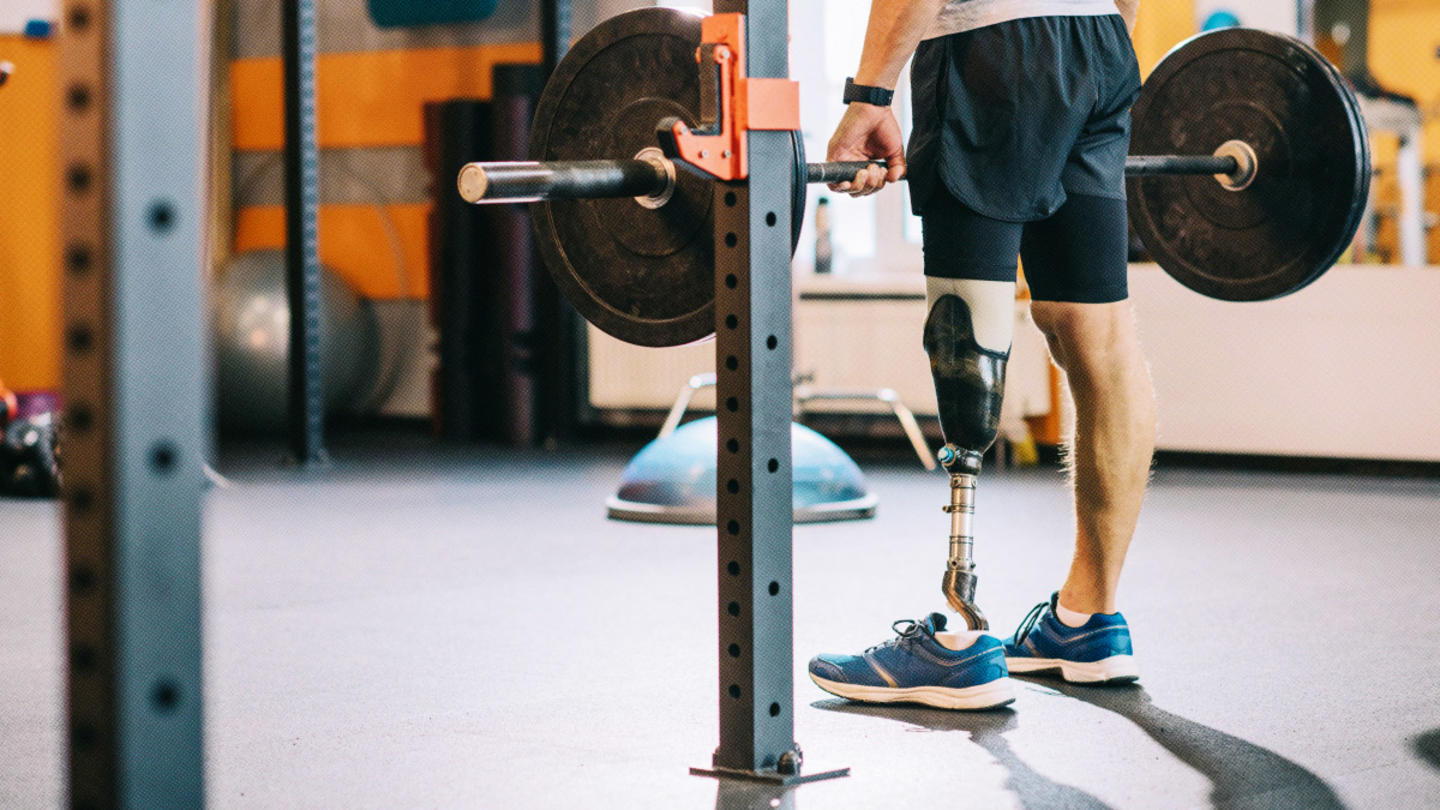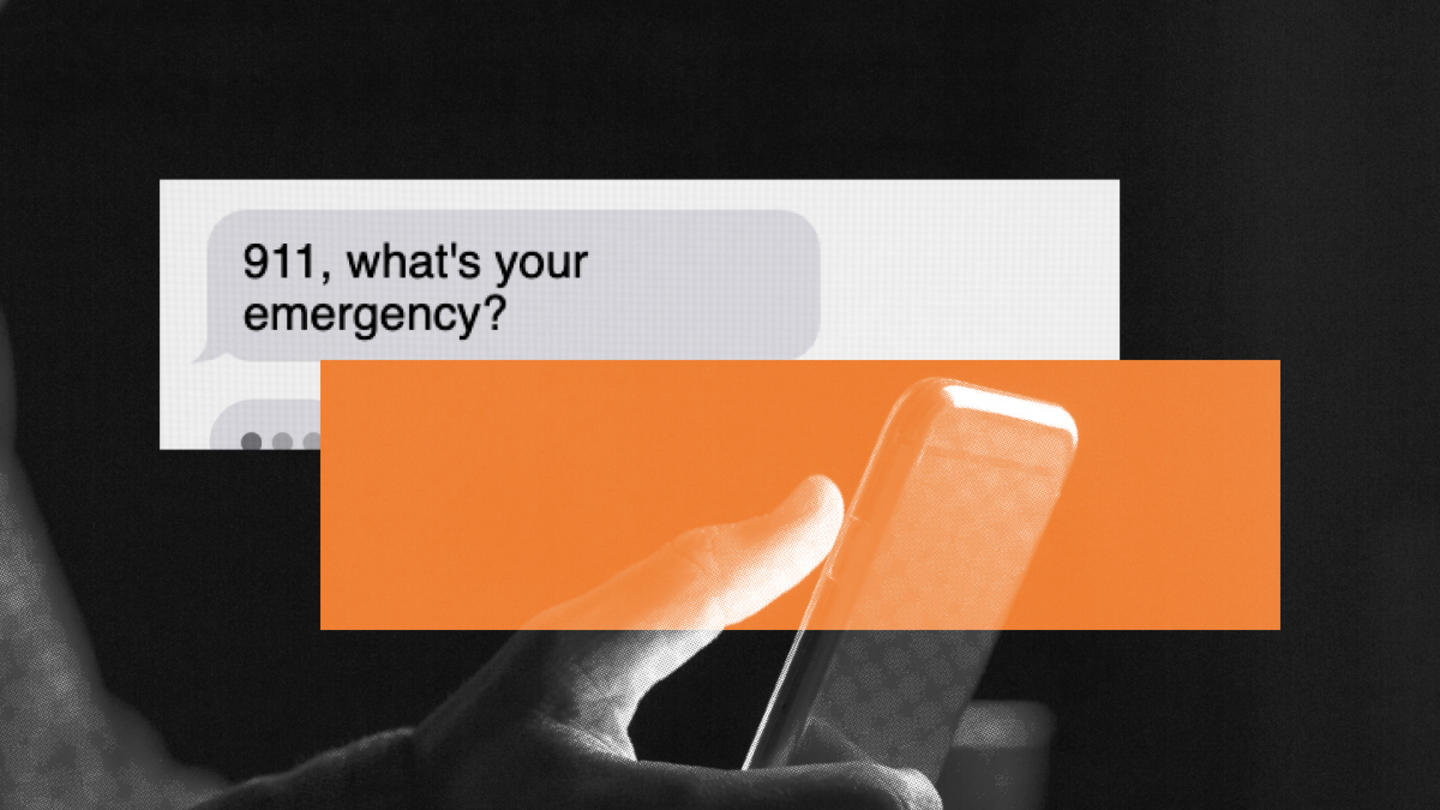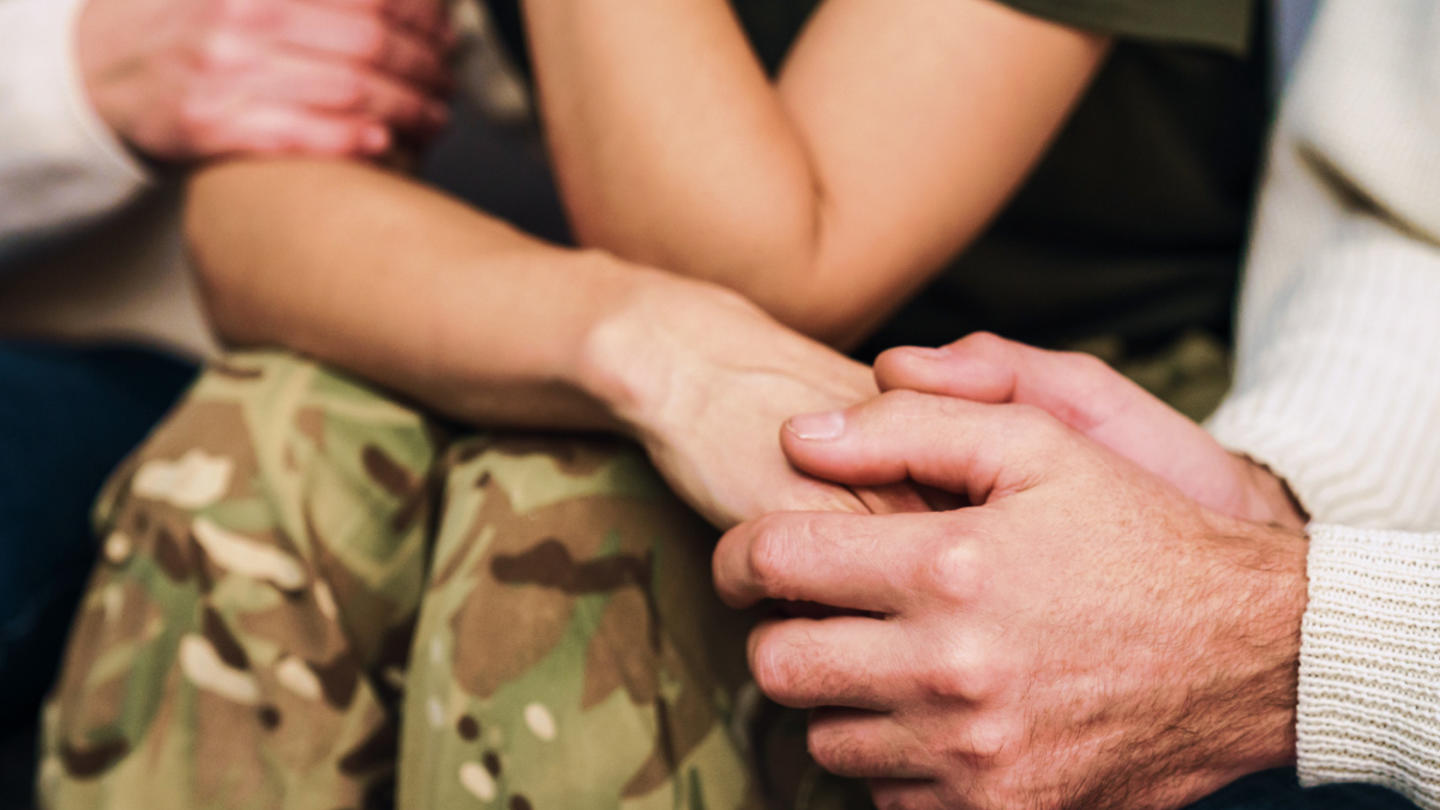In the middle of what might be either a chaotic or deafeningly quiet afternoon, you are welcome to create. For those on the frontlines of our nation's battle with COVID-19—teachers, nurses, medical staff, hospice and social workers—and those facing near constant battles within their own homes, hearts and minds, this one hour is an invitation to the most critical kind of care: self-care.
For 10 years, PeaceLove has led 7,000+ expressive arts workshops with more than 83,000 individual experiences delivered across 27 states, Canada, and Jamaica, from corporate cafeterias to Skid Row streets to restorative spaces in prisons. The goal is always the same: to help people get and stay mentally well.
But like so many others, the impact of the pandemic has created a unique challenge for PeaceLove, forcing the organization to accelerate its many plans to improve accessibility and bring their transformative experiences to people virtually. And it's good they did—as anyone who lives with anxiety, depression, or any other mental health condition knows, relationships, expression, and community are positively vital – especially during these times of physical isolation and increased stress.
No matter your sense of internal stability or strength prior to COVID-19, the reality of today only serves to layer on top of existing stressful and fearful emotions—from parents balancing work and homeschooling, to financial pressures from additional expenses or a lost job, to individuals battling depression or grief.
So what can we do to restore? What's helping you process your emotions and fears and frustrations so that you can continue to be there for those around you?
This past Thursday I participated in one of PeaceLove's virtual experiences called 'Transformation Collages', delivered via Facebook Live. I sat at my desk with the scant supplies I'd mustered from the dark corners of a dusty closet, but Joy, the lead creator said knowingly, "Listen, whatever you have is perfect and exactly enough." And with my scissors, scraps of patterned paper, and some tape, I took her at her word.
We began by getting down on paper all the things in life that we were trying to control. In just a couple minutes, I'd listed a dozen or so dimensions of life weighing heavily on me for discernment, decision, strategy, and action. I was surprised at how quickly they fell out of me onto the blank page and how demanding they each were—daily food, monthly cash flow, personal fitness, and family cohesion.
Next, I was to write these things a letter. A break up letter, really, expressing exactly how I felt and declaring an end to their tyranny. After that, Joy told us to rip up the paper however we wanted, then we'd transform it all into a healthier picture—one we were given lots of time and space to visualize and choose.
Staring at my bits, I was stumped. Slowly, though, an internal coach voice emerged, and I felt a sense of strength and hope return, which I hadn't even realized I'd given up when so many things started spiraling out of control. Fifteen minutes of creating with my ripped up priorities and I had a reordered world—healthy, important things that restore and bring life stayed visible, but the anvils of ambition and anxiety were covered and set aside for another day when energy allows. Permission to reprioritize, that's what I named my piece. And I felt lighter.
Deidre Fraser, head of PeaceLove partnerships and a trained expressive arts facilitator for five years has led similar experiences for a wide range of audiences. "Last week we did one that was for children specifically, and one person said, 'Is it okay that I bring in my entire class?' It was a teacher, and so all of a sudden we saw 10 children sign up to be a part of the experience. The teacher was using this as a platform for them to focus on their mental wellness and still enjoy an art activity, too. So it's like two-in-one," says Deidre.
Our left brains are on overdrive these days, trying to process a constant avalanche of information. Carving out time and space—however small—to explore the less logical but equally important sides of ourselves can really impact our overall sense of wellbeing and calm. "The creative side allows you to really get in your subconscious and let it take over. And especially with adults, we tend to forget that side," says Deidre.
Created from his personal experience, PeaceLove founder, Jeff Sparr, realized art and creative expression was what helped people like him live with a myriad of mental health disorders, from obsessive-compulsive disorder (OCD) to substance abuse to post-traumatic stress disorder (PTSD).
"I realized I was someone who was uniquely qualified to communicate and articulate a message of hope for the millions impacted by mental illness and had a creative vision for what it would take."
Jeff Sparr
PeaceLove creates these experiences where participants can apply concepts of self-expression to focus on personal wellness. "You go through that transformation. You go through the healing," says Deidre.
"The pandemic expedited all our ideas. We said, 'You know what, we can use this as an opportunity. Now.' We're not fully launching everything, but we can slowly unveil some of our programs, collect data, get some results and tweak things," says Deidre.
In that spirit, PeaceLove has recorded their virtual experiences and will be offering a six-week series that individuals or teams or classrooms can use on their own time. "We're talking with corporations that want to offer it for their employees and families, and we know that a lot of universities are looking for ways to bring some type of wellness and mental health to their students," says Deidre.
Moving quickly to a virtual setting has proved that these services are more widely needed, and delivering them online is increasing access to the workshops. It's allowing PeaceLove to establish new relationships quickly and has been a forcing mechanism to help even more people get well – something they've been striving for since the start.
"More than any other time, I think now is when we can use art and creativity as a way to not only make sure that we are taking care of our own personal wellness but also taking care of the wellness of others. Our goal is to create connections and conversations in a safe space where everyone can share their emotions, create fearlessly and honestly without judgment, and have an opportunity to be vulnerable, reflect, and be empowered with others, " says Deidre.
Jeff says, "It is my dream that the PeaceLove movement will be a catalyst to empower millions of people to share their mental health stories and create peace of mind through expressive arts."
Learn more about Stand Together’s health care efforts and explore ways you can partner with us.
